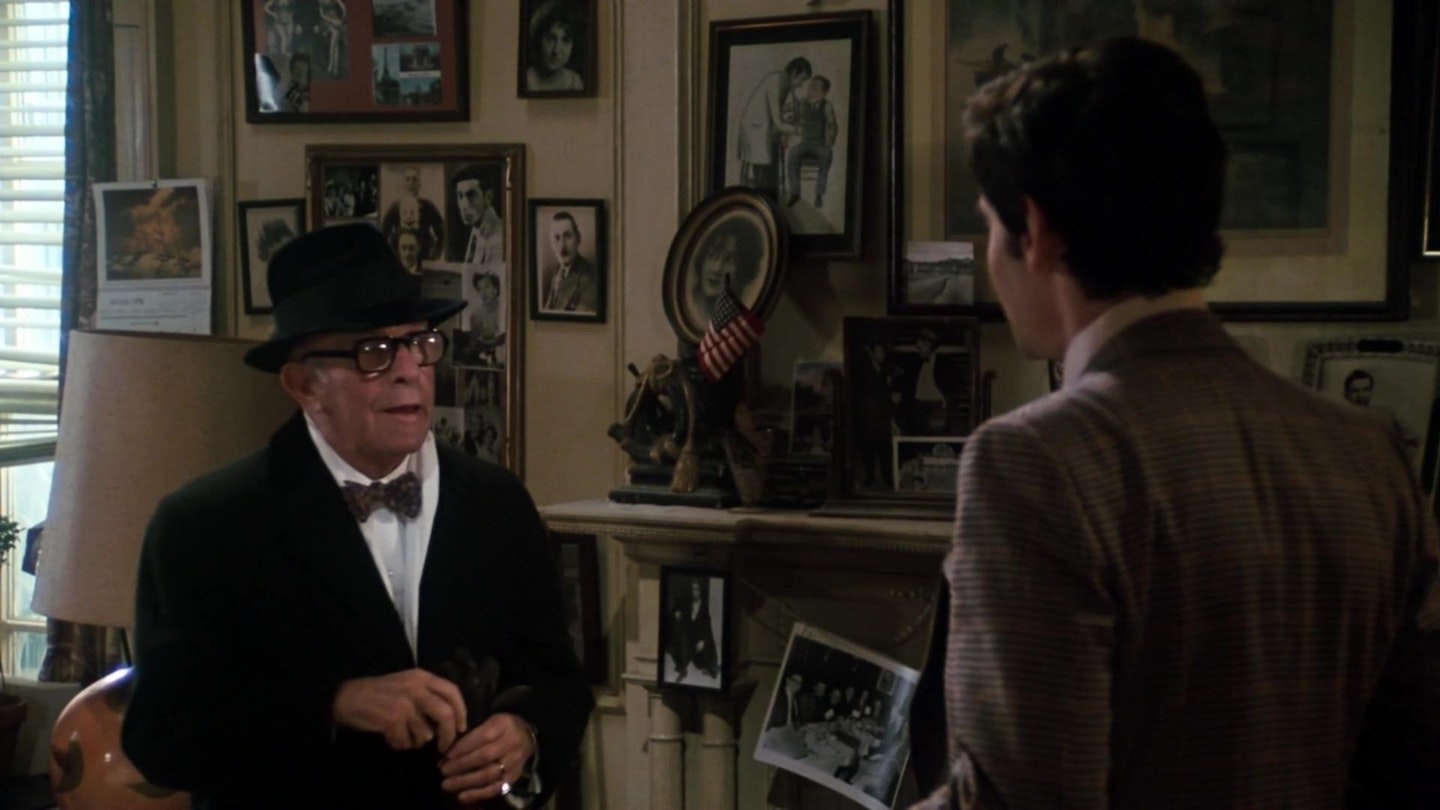Jack Albertson and Sam Levene took the parts of Clark and Lewis (who were supposedly modelled on the duo of Smith & Dale) when Neil Simon's comedy opened to rave reviews on Broadway. But, despite the fact that Albertson was one of only three actors to have landed the triple crown of an Oscar, an Emmy and a Tony, he was not considered big enough box-office for the movie version and Walter Matthau was drafted in to co-star with Jack Benny. However, the veteran comic succumbed to the illness that would eventually kill him and George Burns agreed to end a 36-year absence from the screen (having only narrated The Solid Gold Cadillac) as a favour to an old pal.
The gesture earned him an Oscar, although the ever-sentimental Academy doubtlessly took into account that Burns had himself been in virtual retirement since the death of his beloved wife, Gracie Allen, in 1964. However, he had always been at his best as part of a double act (albeit as the straight man) and he stole every scene as the embittered trouper who refuses to forgive or forget (despite the vagaries of a failing memory).
This was partly down to the fact that Herbert Ross encouraged the 54 year-old Walter Matthau to ham up the part of the 79 year-old kvetch, whose egotistical outbursts were too often delivered at the top of his voice. Nevertheless, the byplay between the pair fizzed with some of the writer's choicest one-liners.
But it was Simon's knowledge of and fondness for a bygone showbiz era that gave the story is authenticity and charm. He clearly empathised with the old-timers forced to audition for commercials or subsist on their memories and shared Ben's concern to do right by these forgotten favourites. But when Richard Benjamin (who is touchingly forebearing throughout) came to remake the film for television in 1995 with the horribly miscast Woody Allen and Peter Falk, he made the same mistake as Ross by playing up the comic peevishness of the dialogue rather than its furious, but deeply melancholic despair.
